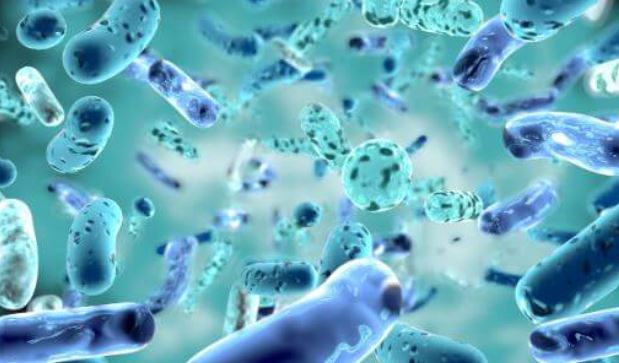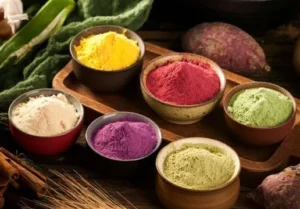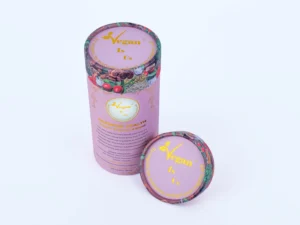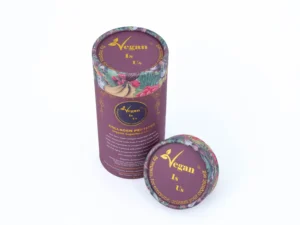Last updated on January 29th, 2025
Gut health is a cornerstone of overall well-being, and probiotics like Bifidobacterium and Lactobacillus play a pivotal role in maintaining a balanced gut microbiome. These beneficial bacteria are widely known for their digestive health benefits, and while they’re often associated with dairy-based probiotics, vegans can harness their power from plant-based sources. Here’s everything you need to know about Bifidobacterium, its benefits, and how to get them from plant-based sources.
What is Bifidobacterium?
Bifidobacterium is a genus of beneficial bacteria that resides naturally in the human gastrointestinal tract, particularly in the colon. It is classified as a probiotic, meaning it contributes positively to gut health and overall well-being when present in sufficient quantities. It’s known for:
Key Functions and Benefits of Bifidobacterium:
- Digestive Health:
- Helps break down complex carbohydrates, fibre, and other substances that are difficult for the body to digest.
- Reduces bloating and promotes regular bowel movements.
- Immune Support:
- Strengthens the intestinal lining, preventing harmful pathogens from entering the bloodstream.
- Stimulates the production of immune cells and anti-inflammatory compounds.
- Production of Short-Chain Fatty Acids (SCFAs):
- Produces SCFAs like acetate, which nourish gut cells and reduce inflammation.
- Support for Infant Health:
- Found in large quantities in breastfed infants, where it plays a role in developing the immune system and protecting against infections.
- Mental Health Connection:
- Emerging research suggests a link between Bifidobacterium and the gut-brain axis, influencing mood and reducing anxiety.
The Link Between Bifidobacterium and Lactobacillus
Bifidobacterium often works synergistically with Lactobacillus, another genus of probiotics. Together, they:
- Balance the gut microbiome: By limiting harmful bacteria.
- Enhance digestion: Lactobacillus helps break down lactose, while both support fermentation processes.
- Promote mental health: Both are linked to the gut-brain axis, reducing stress and anxiety symptoms.
These dynamic probiotics complement each other in creating a robust gut ecosystem.
Vegan-Friendly Sources of Bifidobacterium
Contrary to popular belief, vegans can access Bifidobacterium through plant-based probiotic foods and supplements. Here are some options:
- Fermented Foods:
- Kimchi: A fermented vegetable dish rich in Lactobacillus and other probiotics.
- Sauerkraut: Offers live cultures that support gut health.
- Tempeh: A fermented soy product that’s high in probiotics and protein.
- Fortified Vegan Yogurts:
Many vegan yogurts, often made from almond, soy, or coconut milk, are fortified with Bifidobacterium and Lactobacillus strains. - Plant-Based Probiotic Drinks:
- Kombucha: A fermented tea rich in probiotics.
- Water Kefir: A vegan alternative to dairy kefir.
- Probiotic-Rich Plant-Based Ingredients such as:
- Miso: A fermented soy paste that are often used recipes for soups and sauces.
- Nutritional Yeast: Rich in vitamins and gut-supportive compounds, featured in vegan cheese substitutes.
- Chickpea-based Products: High in prebiotic fibre that fuels probiotics.
- Chicory root: High in inulin, a prebiotic fibre.
- Garlic and onions: Promote gut-friendly bacteria growth.
Vegan Ingredients Supporting Probiotic Growth:
- Rosehip: Packed with antioxidants and fibre, it supports a healthy gut environment for probiotics.
- Flaxseed: Contains fibre and lignans that act as prebiotics, supporting the growth of Bifidobacterium in the gut.
- Banana: Particularly when slightly green, bananas are high in resistant starch and inulin, both of which are excellent prebiotics.
- Chia Seed: Rich in dietary fibre, which promotes the growth of probiotics like Bifidobacterium.
- Spirulina: While not a probiotic itself, spirulina supports gut health and works synergistically with probiotics by modulating the microbiome.
- Turmeric: Known for its anti-inflammatory properties, turmeric enhances gut health and can complement probiotic activity.
Prebiotic-Rich Plant-Based Ingredients:
Other ingredients such as yacon root, beetroot, coconut sugar, and date fruit are prebiotic powerhouses. They contain fibers and compounds that encourage the growth and activity of beneficial bacteria like Bifidobacterium.
How These Ingredients Support Gut Health:
While they don’t provide live Bifidobacterium, they create a gut-friendly environment by feeding existing probiotic populations or those consumed through fermented foods and supplements. Combining these ingredients with vegan probiotic sources (like miso, sauerkraut, or fortified plant-based yogurts) can maximise gut health benefits.
Health Benefits of a Balanced Gut Microbiome
By pairing Bifidobacterium-rich sources with prebiotic foods (like bananas, flaxseed, or chicory root) or Protein peptides | Organic Superfood Blend , you can promote its growth and enhance its effectiveness in maintaining gut health meaning you can enjoy:
- Improved digestion and regularity.
- Enhanced immune defense.
- Reduced risk of gastrointestinal disorders like IBS.
- Better mental clarity and reduced stress through the gut-brain axis.
For more insights, tips, and recipes tailored for plant-based living, visit Veganisus.







